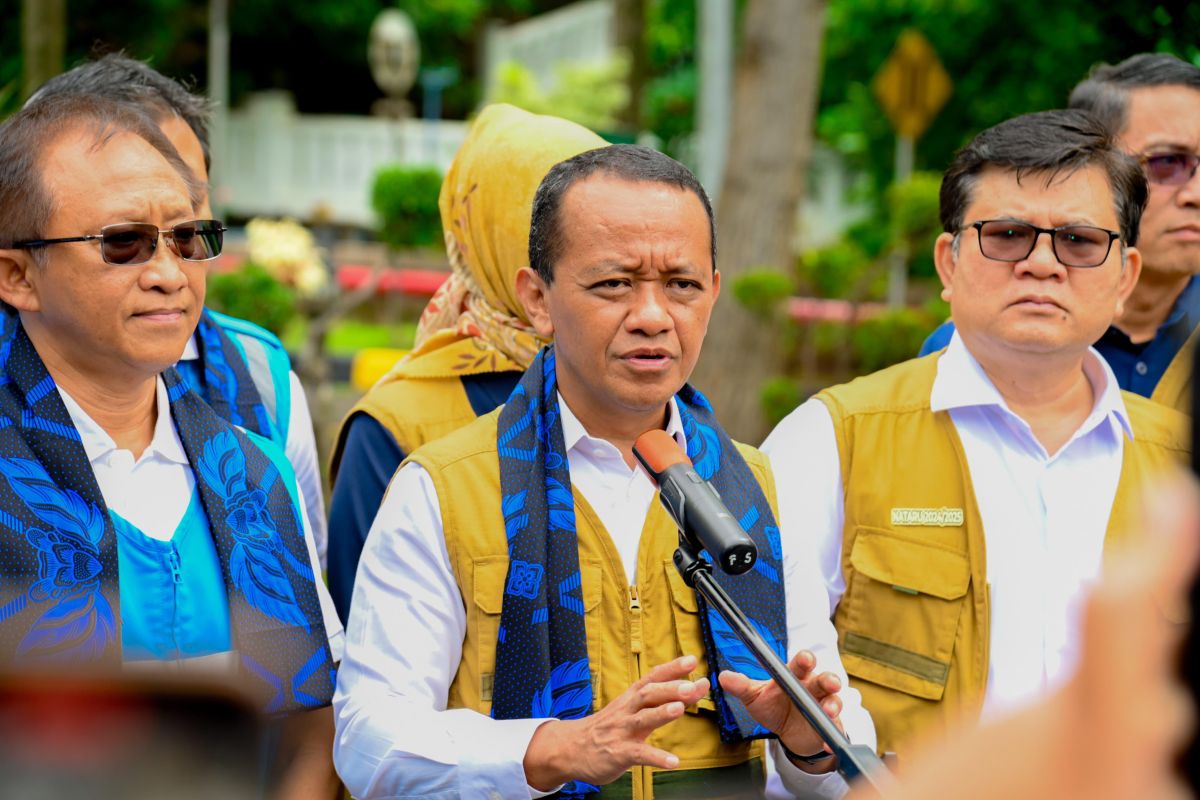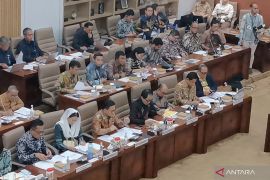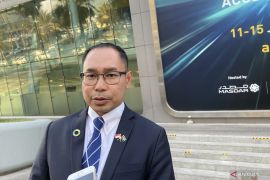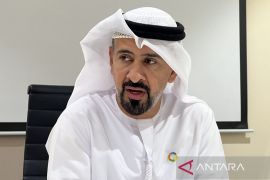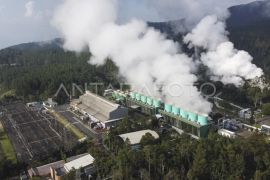Jakarta (ANTARA) - The government's efforts to achieve energy self-sufficiency will not only focus on oil and gas, but also boost the development of renewable energy sources, Energy and Mineral Resources Minister Bahlil Lahadalia has said.
"We want to make Indonesia a country that is not only independent in oil and gas but also in the renewable energy sector," he added in a statement released on Saturday.
The government is continuing to take various strategic steps to realize energy self-sufficiency, as envisaged by President Prabowo Subianto in the Asta Cita national development vision.
To that end, the government is continuing to encourage the development of renewable energy potential by targeting a significant increase in renewable energy capacity in the next few years.
This step is also in line with the government's commitment to support the global energy transition toward cleaner and more environmentally friendly energy sources.
One of the efforts to support the energy transition in Indonesia is the mandatory 40 percent biodiesel (B40) program, which will be implemented in 2025, followed by the B50 program in 2026.
"On January 1, 2025, we will start to mandate the B40 program. Furthermore, we will push to the B50 program. If B50 is implemented, we will no longer need to import diesel," Lahadalia informed.
"In line with President Prabowo's (Subianto) direction, once our lifting has not reached the level needed to meet domestic consumption, we will have no choice but to push to B100, both diesel and gasoline,” he added.
Baca juga: Govt gearing up to roll out B40 program in 2025: deputy minister
In 2023, the use of biodiesel in the domestic market was recorded at 12.2 million kiloliters. The figure is targeted to increase to 12.5 million kiloliters in 2025.
The mandatory biodiesel program also helped save up to US$7.9 billion or equivalent to Rp120.54 trillion in foreign exchange in 2023.
Additionally, the processing of crude palm oil (CPO) into biodiesel produced added value of Rp15.82 trillion.
Minister Lahadalia emphasized his commitment to maximizing the use of geothermal energy as an environmentally friendly energy source with the highest level of reliability.
According to the Ministry of Energy and Mineral Resources' estimates, by the end of 2024, the proportion of renewable energy in the national energy mix will reach 14.1 percent, with geothermal becoming the mainstay.
Baca juga: Renewable energy may bring up to Rp2,200 trln investment
Currently, the utilization of renewable energy in the national energy mix has reached 13.9 percent.
The contribution of electricity generated from geothermal energy has been recorded at five percent of the total national energy mix, or around 40 percent of the renewable energy mix.
Geothermal energy is also playing an important role in supporting efforts to decarbonize Indonesia's electricity sector.
Since 2014, the installed capacity of geothermal power plants has increased by 1.2 GW, taking Indonesia's total installed geothermal capacity to 2.6 GW.
This is equivalent to 11 percent of the nation's total geothermal potential and makes Indonesia the second-largest geothermal electricity producer in the world.
Lahadalia further stated that increasing oil and gas lifting, optimizing oil and gas blocks, as well as developing renewable energy, are expected to lead Indonesia toward stronger and more sustainable energy independence.
The government is also continuing to strive to accelerate the use of electric vehicles and increase energy efficiency.
It believes that strengthening collaboration with various stakeholders, including the private sector and the community, is key for achieving national energy security.
Pewarta : Kelik Dewanto, Yashinta Difa
Editor:
I Komang Suparta
COPYRIGHT © ANTARA 2026
